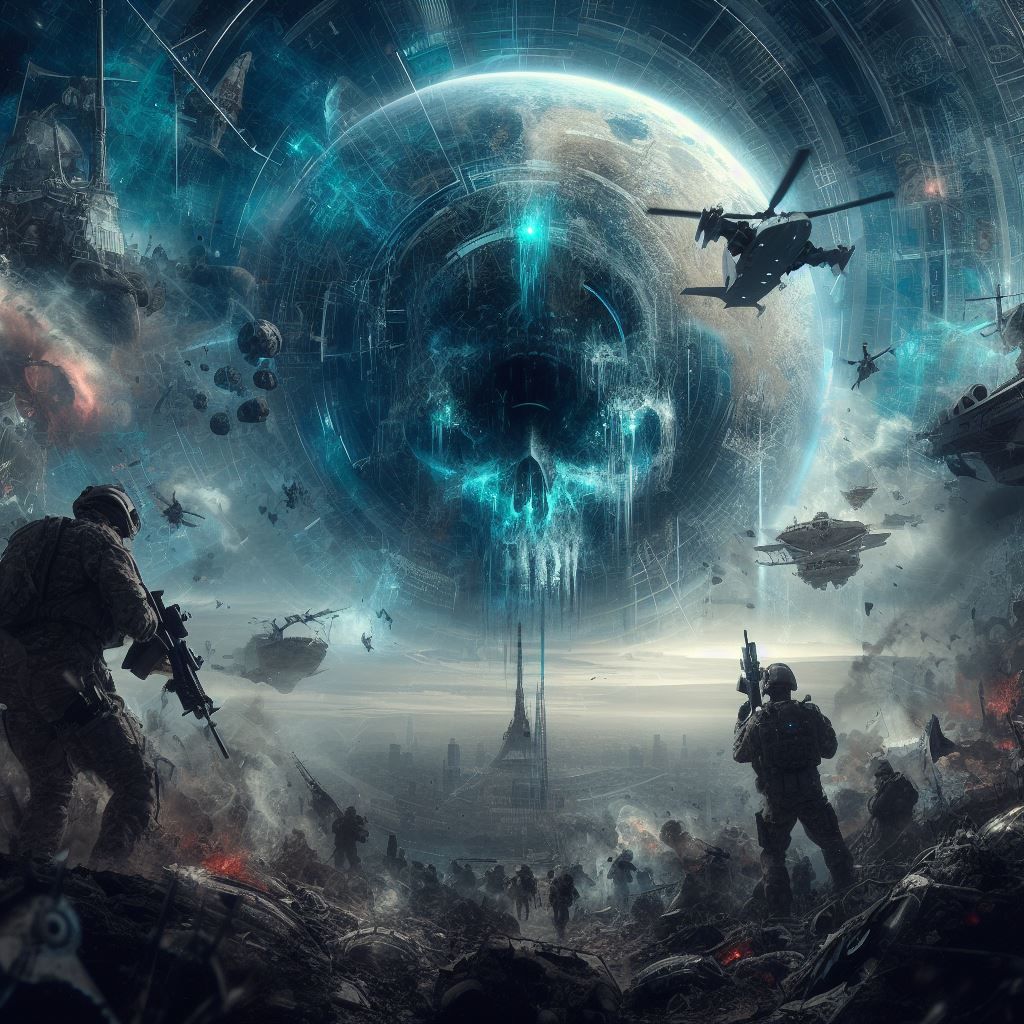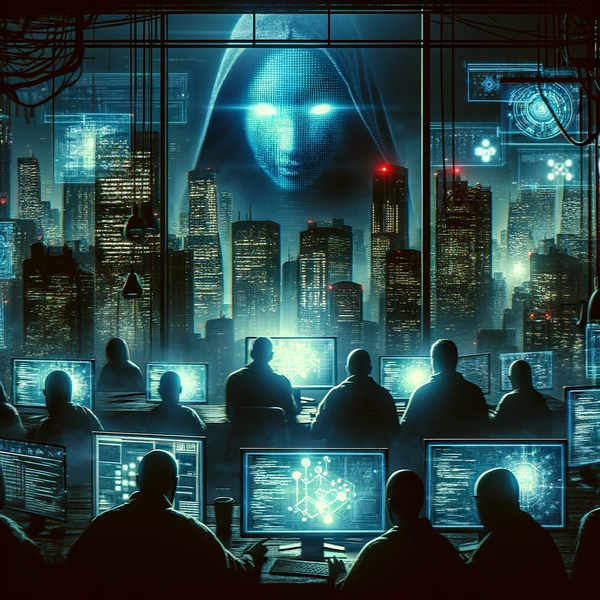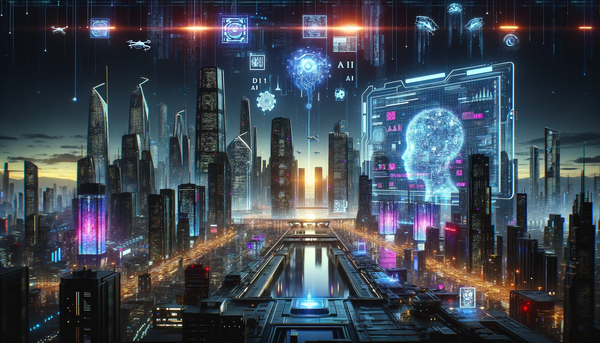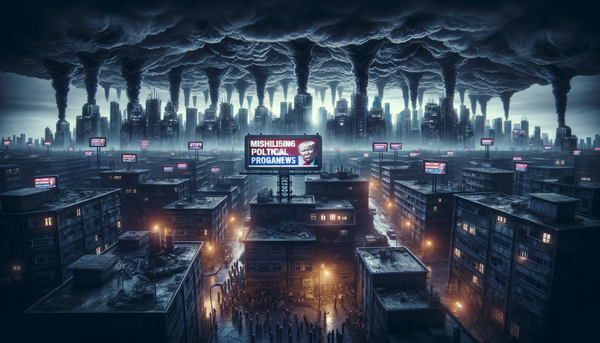Could Disinformation on Social Media Ignite World War III?
In the digital age, disinformation on platforms like Facebook and Twitter can escalate real-world tensions, as seen with Israel and Hamas. With tools like Generative AI crafting fake narratives, unchecked sharing might inch us closer to global conflict. Every post counts; verify before you amplify.

In our interconnected digital age, the dangers of disinformation loom larger than ever. Platforms like Facebook, X, and Instagram amplify misleading narratives at an alarming pace, threatening global peace and security. Beyond the generic threats of fake news, recent conflicts offer stark examples of how real-world events can be manipulated online, leading to potential global consequences. Take, for instance, the escalating tensions between Israel and Hamas.
The Israel-Hamas conflict has a history mired in political, religious, and territorial disputes. With each flare-up in tensions, social media platforms become inundated with posts, images, and videos—some genuine and many manipulated or taken out of context. The volatile situation provides fertile ground for disinformation campaigns to sow further discord.
Generative AI tools and Bing Image Creator can craft fake imagery or misleading visuals of supposed "on-ground" events. Such images can stoke emotions and prejudices on a global scale, painting a biased or entirely false picture of the situation. The subsequent international outrage, based on half-truths or outright fabrications, can draw other countries into taking sides based on this manipulated information.
And it's not just about images or videos. Sophisticated LLMs (Large Language Models) can craft fake narratives, tweets, or articles, pushing a particular agenda. When these falsehoods are shared and re-shared, they gain an air of authenticity. As other nations, with their geopolitical interests, respond based on these fabrications, we inch closer to a larger, more widespread conflict.
State actors or extremist groups with interests in exacerbating the Israel-Hamas situation can exploit social media's reach. By stoking fears, biases, and prejudices, they can push the global community towards a tipping point. Allies may feel compelled to intervene, regional powers could be drawn into the fray, and global superpowers might find themselves facing off, based on manipulated narratives.
For the average user, it becomes a matter of grave responsibility. Sharing an unverified post could indirectly fan the flames of a conflict thousands of miles away. This isn't mere speculation; instances have already arisen where social media-fueled misinformation led to violent protests and diplomatic tensions worldwide.
Therefore, as tensions between Israel and Hamas mount, the world must remain vigilant about the digital front. Disinformation, aided by Social Media, LLMs, and Generative AI, can act as a spark in a tinderbox of global tensions. We must prioritize critical thinking, fact-checking, and digital literacy to prevent being unwitting pawns in a dangerous game.
In conclusion, the line between digital narratives and real-world consequences is becoming increasingly blurred. Disinformation, especially in areas of existing conflict like Israel and Hamas, has the potential to spiral into a much larger global crisis. Every share, tweet, and post counts. In this age of digital warfare, conscientious consumption and dissemination of information might just be the peacekeeper we need.



